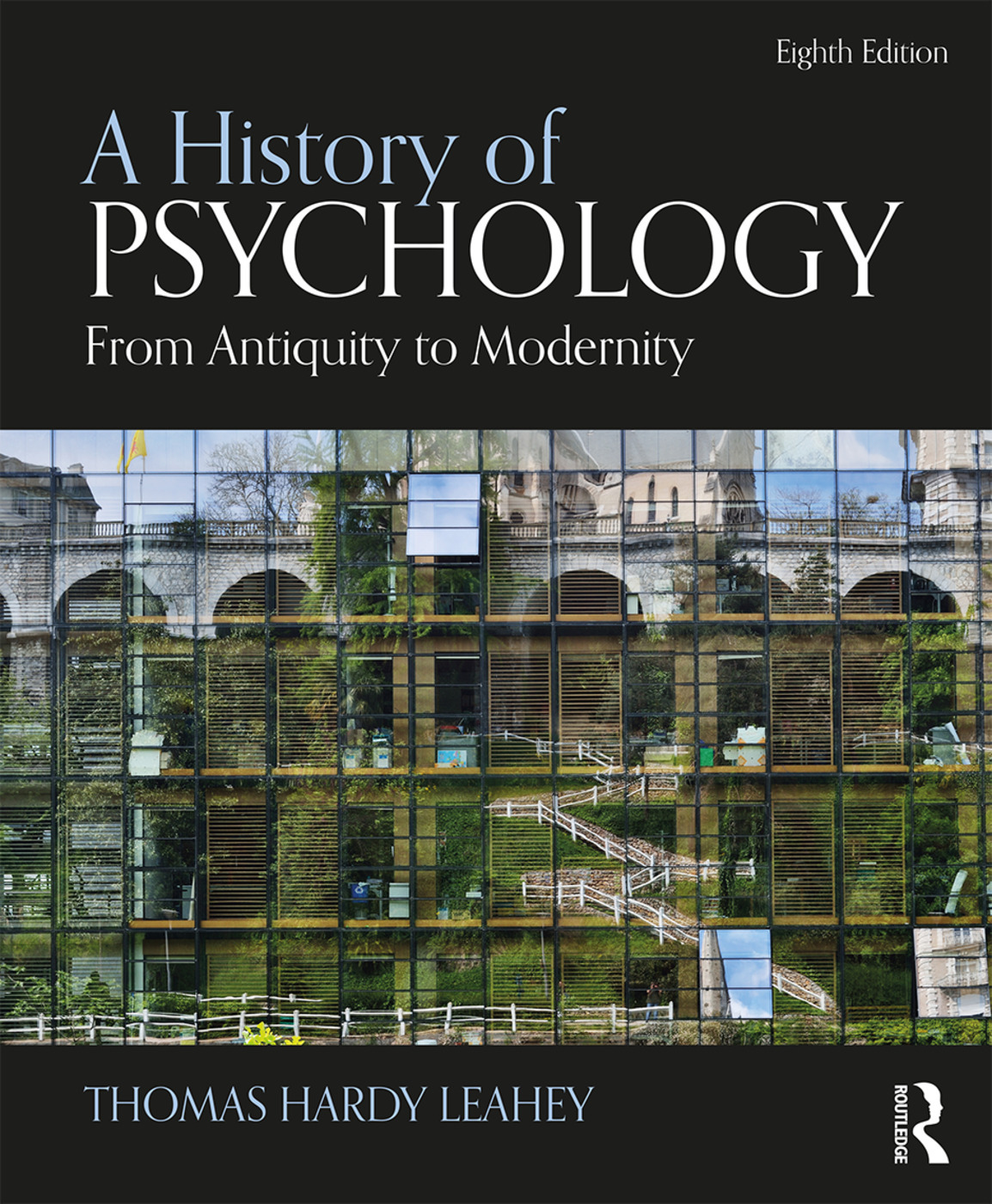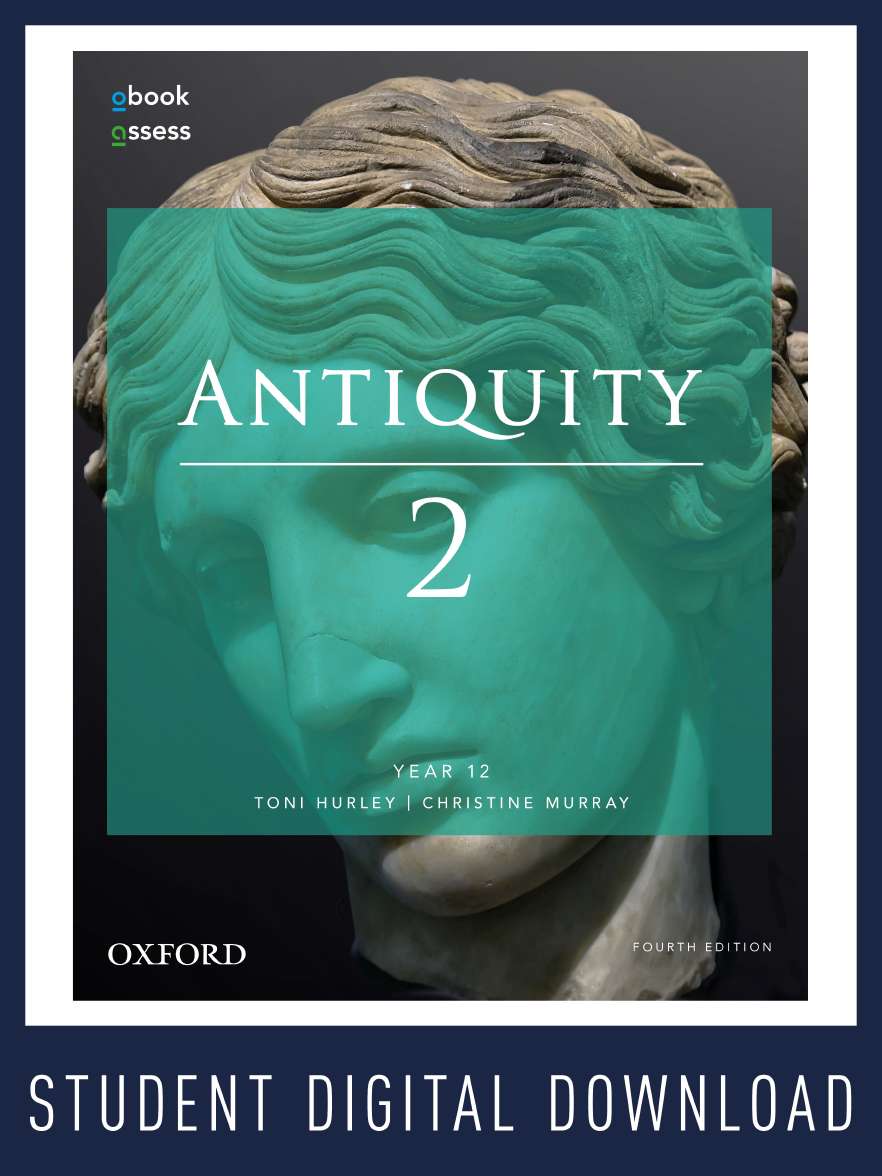The current version, Version 0.11, of this open source textbook in philosophy is a work-in-progress and is being released in draft form. The collaborators would be grateful for corrections or other suggestions to this preliminary draft. Please address comments to philbook@philosophy.lander.edu.
The great philosophers in ancient Greece played a key role by using the astronomical work of the Babylonians to develop scientific theories of mechanics. Thales of Miletus (624 - 547 B.C.), the first of the seven great greek philosophers, developed geometry and is hailed as the first true mathematician. Pythagorus (570 - 495 BC) developed mathematics and postulated that the earth is spherical.

Democritus (460 - 370 B.C.) has been called the father of modern science, while Socrates (469 - 399BC) is renowned for his contributions to ethics. Plato (427-347 B.C.) who was a mathematician and student of Socrates, wrote important philosophical dialogues. He founded the Academy in Athens which was the first institution of higher learning in the Western world that helped lay the foundations of Western philosophy and science.
Aristotle (384-322 B.C.) is an important founder of Western philosophy encompassing ethics, logic, science, and politics. His views on the physical sciences profoundly influenced medieval scholarship that extended well into the Renaissance. He presented the first implied formulation of the principle of virtual work in statics and his statement that 'what is lost in velocity is gained in force' is a veiled reference to kinetic and potential energy. He adopted an Earth centered model of the universe.
- Issues, it points to the evidence for female leadership in Paul's writings and in antiquity (e.g., their careful analysis of 1 Timothy 2:12 and the use of the Greek word authenteō and the admonition for women to 'be quiet' 368-69.) The New Testament in Antiquity is an excellent textbook whether one is.
- 2.1 Views of Prof. S.G.Dani about Vedic Mathematics from Frontline 33 2.2 Neither Vedic Nor Mathematics 50 2.3 Views about the Book in Favour and Against 55 2.4 Vedas: Repositories of Ancient Indian Lore 58 2.5 A Rational Approach to Study Ancient Literature 59 2.6 Shanghai Rankings and Indian Universities 60.
Aristarchus (310 - 240 B.C.) argued that the Earth orbited the Sun and used measurements to imply the relative distances of the Moon and the Sun. The greek philosophers were relatively advanced in logic and mathematics and developed concepts that enabled them to calculate areas and perimeters. Unfortunately their philosophical approach neglected collecting quantitative and systematic data that is an essential ingredient to the advancement of science.

Archimedes (287-212 B.C.) represented the culmination of science in ancient Greece. As an engineer he designed machines of war while as a scientist he made significant contributions to hydrostatics and the principle of the lever. As a mathematician he applied infinitesimal in a way that is reminiscent of modern integral calculus which he used to derive a value for (pi). Unfortunately much of the work of the brilliant Archimedes subsequently fell into oblivion.
Hero of Alexandria (10 - 70 A.D.) described the principle of reflection that light takes the shortest path. This is an early illustration of variational principle of least time. Ptolemy (83 - 161 A.D.) wrote several scientific treatises that greatly influenced subsequent philosophers. Unfortunately he adopted the incorrect geocentric solar system in contrast to the heliocentric model of Aristarchus and others.
AuthorAntiquity 2 Textbook Pdf Free
: Kate Cooper
Publisher: Cambridge University Press
ISBN: 1108479391
 Size: 45.24 MB
Size: 45.24 MBFormat:
 PDF, ePub, Mobi
PDF, ePub, MobiView: 6132
Get Books